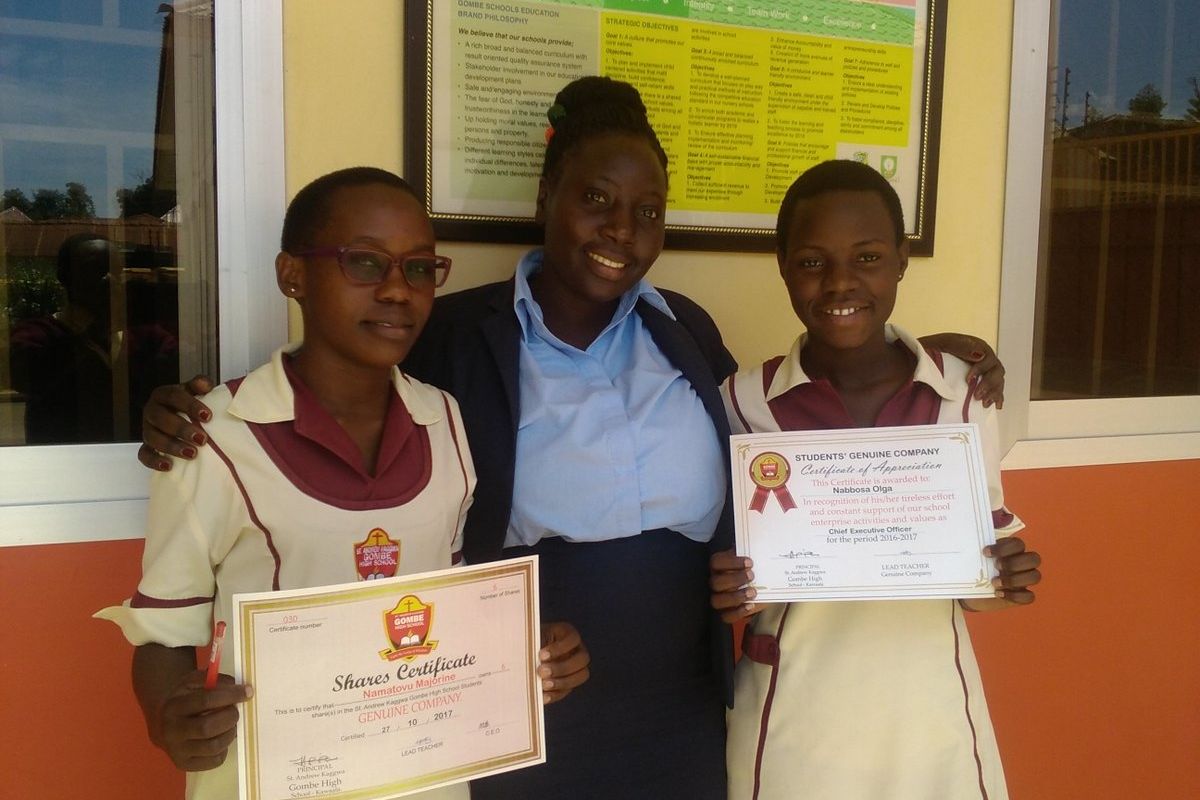
These African Educators Have Been Shortlisted For the Million Dollar 'Global Teacher of the Year' Award
A number of African educators have been nominated for the million dollar "Nobel Peace Prize" of teaching.
SEARCH

A number of African educators have been nominated for the million dollar "Nobel Peace Prize" of teaching.